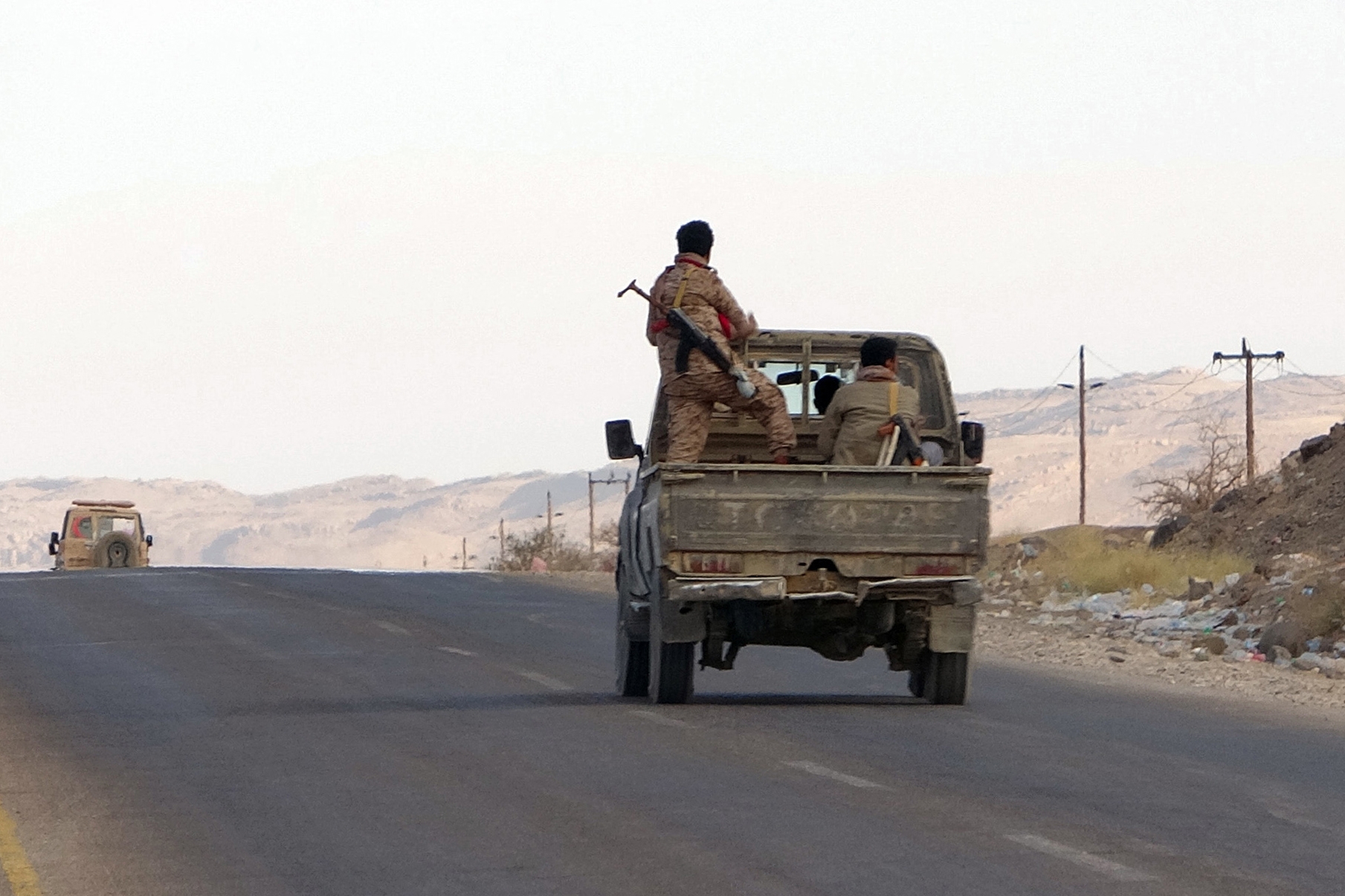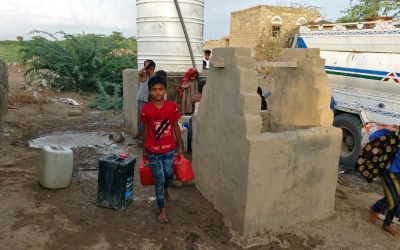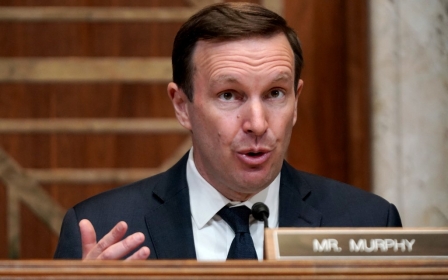Biden administration fails to answer Congress's questions over Yemen

The Biden administration has failed to explain to Congress what forms of military support it continues to offer the Saudi-led coalition fighting in Yemen, issuing a two-page letter that sidesteps the question and provides almost none of the details the lawmakers sought.
The letter from the State Department, sent to lawmakers on Wednesday, did not address what forms of "offensive" support had ended, other than the suspension of "two air-to-ground munitions sales" that had already been reported.
In February, dozens of Democratic lawmakers sent a letter to the administration of US President Joe Biden after it announced the US would end offensive support for the Saudi-led coalition's war in Yemen.
Wednesday's letter, which was first reported on by The Intercept, said the administration was going through an ongoing review of its other systems to determine what should or should not be deemed "offensive" and then goes on to talk about Washington's diplomatic efforts in Yemen, ultimately avoiding the main questions originally asked by the lawmakers.
"It's been months since I pressed them for answers on how they plan to end 'offensive operations' aiding the Saudi-led coalition, and what legal authority they have to continue U.S. involvement in a conflict that has not been authorized by Congress - as required under the Constitution," Congressman Peter DeFazio said in a statement to The Intercept.
"Yet the Saudi blockade of Yemen and the resulting humanitarian crisis continue to linger on with no end in sight. It's disheartening to receive such a contrived response from the State Department, and I will continue to press for actual answers."
DeFazio called the response a "disappointing non-answer from the Biden administration" and said he would continue to seek further details.
Sources at the Pentagon told Vox last month that the defence department may be allowing US contractors to service Saudi jet fighters and bombers. Also, a $23bn sale of advanced air hardware to the United Arab Emirates (UAE), including the F-35 fighter jet, is expected to go through.
Calls to end Yemen blockade
Saudi Arabia and its regional allies, chiefly the UAE, entered the Yemeni government's war against the Houthi rebels in 2015 and began a wide-ranging aerial bombing campaign.
The coalition also introduced an air and naval blockade that it says is to prevent the Houthis from smuggling weapons into the country. But critics of Saudi Arabia's actions have long accused the kingdom of cutting off basic civilian goods.
After six years of war, Yemen is frequently described as the world's worst humanitarian crisis, with 20.7 million people - 66 percent of the population, including 11.3 million children - in need of assistance.
The war has killed more than 230,000 people, caused outbreaks of disease and brought millions to the brink of famine.
Last month, Saudi Arabia proposed a nationwide ceasefire amid a Houthi push to capture the strategic city of Marib, against the warnings of western powers.
The Houthi rebels dismissed the initiative, calling for the unconditional lifting of the Saudi-led air and sea blockade on the country.
Tim Lenderking, US special envoy for Yemen, this month urged Saudi Arabia to ease "all restrictions" on the port of Hodeidah and Sanaa airport.
Middle East Eye propose une couverture et une analyse indépendantes et incomparables du Moyen-Orient, de l’Afrique du Nord et d’autres régions du monde. Pour en savoir plus sur la reprise de ce contenu et les frais qui s’appliquent, veuillez remplir ce formulaire [en anglais]. Pour en savoir plus sur MEE, cliquez ici [en anglais].





